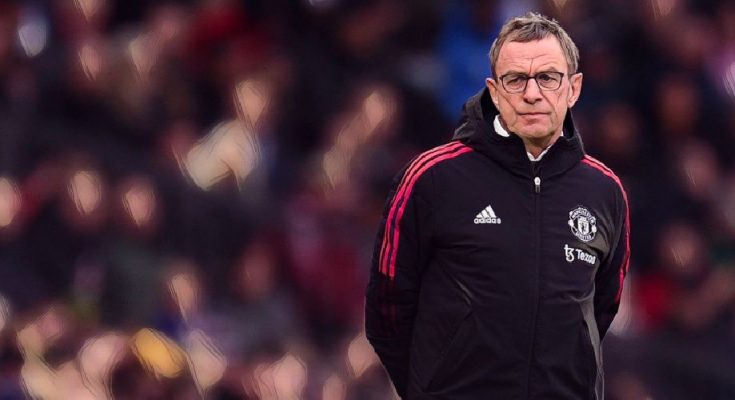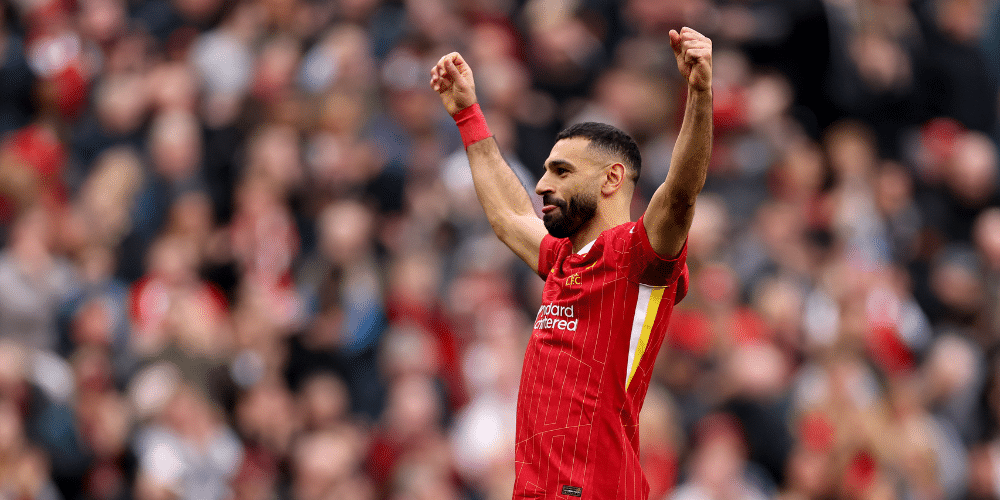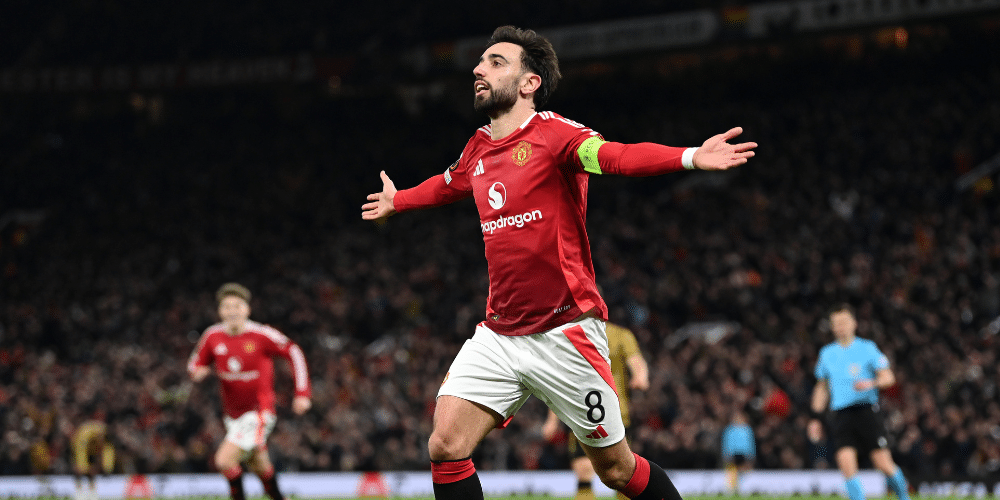Ralf Rangnick admits Manchester United are ‘not a naturally born pressing team’ following comments from Southampton manager Ralph Hasenhuttl questioning the side’s work rate.
Hasenhuttl discussed the Red Devils’ work ethic following Southampton’s 1-1 draw at Old Trafford on Saturday, saying “it is not a big secret that when they (United) lose the ball that the reverse gears are not the best from everybody.”
United are now without a win in their past three fixtures across all competitions and next face Brighton in the Premier League on Tuesday evening, with Rangnick having discussed the post-match comments from Hasenhuttl ahead of that clash.
The interim manager has conceded that his pressing style of football doesn’t come naturally to the clubs current crop of players as he discussed the club’s continued adjustment to his tactical approach.
“Well as far as I know he (Hassenhuttl) said that they were struggling in the first half against us, that we won quite a few balls. I think the fact that they changed their formation three or four times in the first 45 minutes shows that we did a good job in the first half,” he said at his pre-match press conference.
“Yes, what he said, that we are not a naturally born pressing team, with a lot of players in their DNA to press all the time. This is normal.
“They haven’t being doing that in the last couple of years. To change that into a pressing team all the time is difficult during a season, but for us it is important that we pick the right moments to be proactive and to press, the best possible counter-pressing. And even if this is not possible, to stay compact and not be too easily outplayed.
“Those were the moments when we had to suffer: when we conceded the goals too easily. Some of them in transitional moments, when we were almost over-anxious. We were not ready at the right moment, and then saying ‘oh wait, I should have pressed’, come in one or two steps too late, and giving the other team the space to be on the counter-attack.
“This has also got to do with not only tactical discipline, but also to be clever, to realise if it is not possible, then just stay in position, keep your shape and formation and still make it difficult for the other team to play through our lines.”



